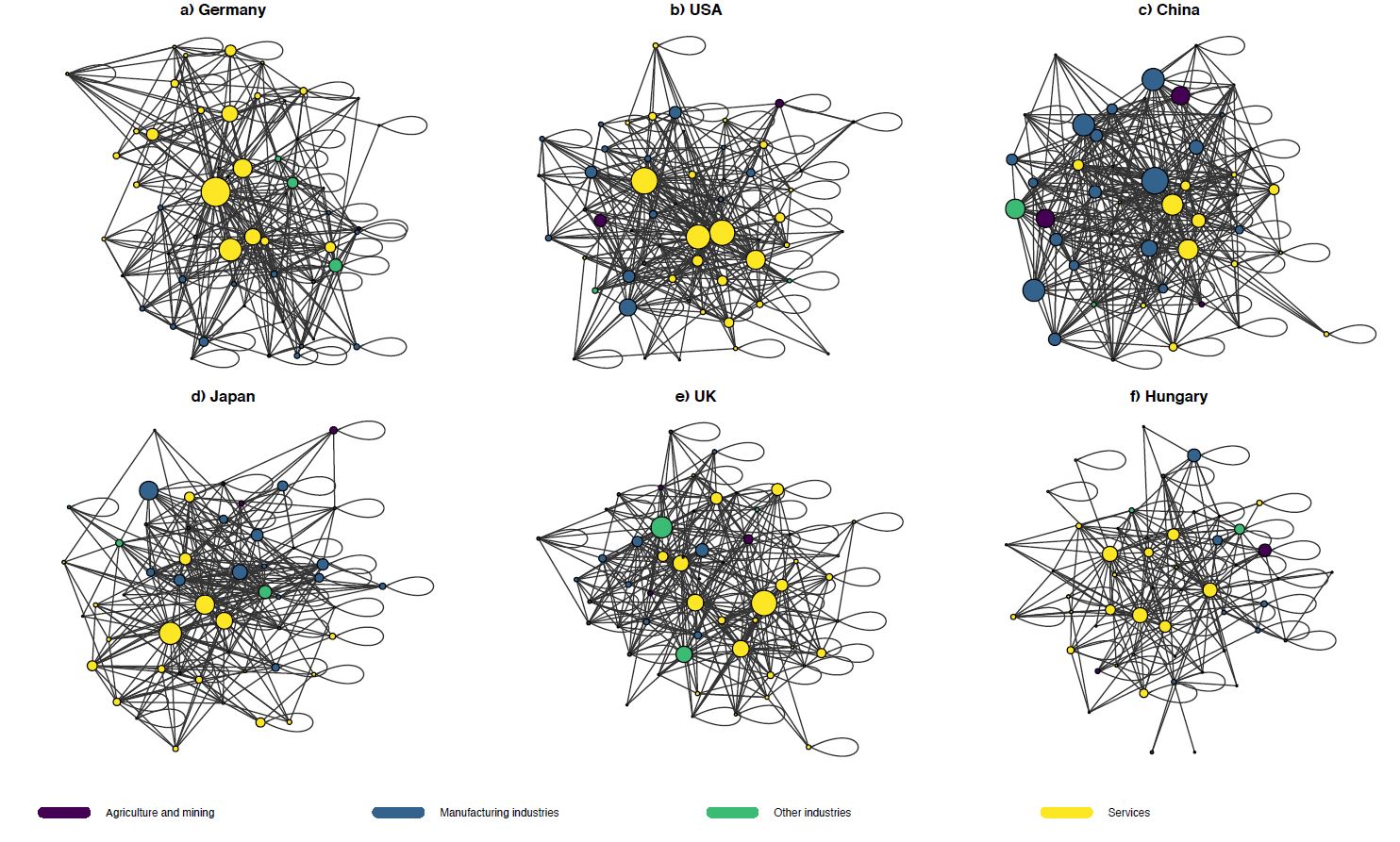Closed Projects
V4 project with ID 22210016 - "Supporting mental health in organisations: developing future business leaders"

Projektvezető: Dr. Szabó-Bálint Brigitta

On 31 May 2024, the Visegrad project on supporting the mental health of future leaders, of which our Faculty was a member, came to an end. Colleagues from 4 higher education institutions from the Visegrad Four countries (University of Warsaw, University of Economics and Business in Prague, Comenius University in Bratislava, University of Pécs) joined forces in the V4 - 22210016, project „Supporting mental health in organisations: developing future business leaders”to explore the impact of Covid-19 and identify opportunities to promote mental health. The solutions identified through these activities will serve as a guide for institutions training future business leaders.
Activities carried out under the project
- Participants carried out a scientific survey among students and teachers (Research report)
- The research results were summarised by the partners at a joint meeting in Warsaw and used as a basis for workshops and training sessions for students, teachers and teaching colleagues and trainers.
- Based on the experience gained from these workshops, a recommended guide for mental health trainers was also produced (Train the trainers)
- And the conclusions of the faculty research were shared with practitioners in the South Transdanubian Economy (Dél-Dunántúli Gazdaság, 26(4 - 2024.05.10): pp. 36-37: A mentális egészség kérdése a jövő vezetői körében)
Colleagues from the Faculty who contributed to the project implementation: Gábor Balogh, Judit Pótó, Julianna Szécskainé Németh, Norbert Sipos, Tímea Venczel-Szakó and Brigitta Szabó-Bálint (project leader)
The project is co-financed by the Governments of Czechia, Hungary, Poland and Slovakia through Visegrad Grants from International Visegrad Fund. The mission of the fund is to advance ideas for sustainable regional cooperation in Central Europe. / A projektet Csehország, Magyarország, Lengyelország és Szlovákia kormánya társ-finanszírozza a Nemzetközi Visegrádi Alap visegrádi támogatásaiból. Az alap küldetése a fenntartható közép-európai regionális együttműködésre vonatkozó elképzelések előmozdítása.
h3> Risks, efficiency and development in global and national production networks

Principal investigator: Dr. Tamás Sebestyén
Source: own editing*
Pointing to the relationship between the (network) structure of complex systems and their aggregate performance (output, efficiency, vulnerability, resilience), recent advances in economics call for considering the (global) economic system as a complex one. Recent developments in slowing globalisation, strengthening protectionism and a restructuring towards more locally organised production networks raise the question of changing gains and risks arising from the changing network configuration.
The main aim of this project is to enrich our knowledge about the role of these structural characteristics of global production networks with respect to the possible efficiency gains arising from an enhanced division of labor, the (systemic) risks arising from particular patterns of shock propagation as well as the specific challenges, constraints and possibilities provided by the structure of these networks for countries and sectors to move towards activities with higher value added.
These aims are pursued by developing a measurement tool which is suitable for the assessment of these risks and gains through integrating positional and structural indicators with contagion model simulations, and we use this tool in assessing the previous questions.
The research team and results can be followed on the EconNet webpage.
* Read the full paper: Braun, E. et al. (2021) Applied Network Science, 6: Article No.: 69, DOI: 10.1007/s41109-021-00411-5 here.
Gardener connection research group

Principal investigator: Dr. Ever Bedoya

Gardener Connection is an independent research group that seeks to connect small-scale farmers through computer-mediated communication platforms. It accompanies and connects leaders, small-scale farmers, society, and technology so that they achieve actions to meet part of their food demand, exchange food, sell surplus crops, and information sharing knowledge to achieve community food sovereignty. The group is formed by 4 members. It is led by Ph.D. Ever Bedoya, senior lecturer for the Faculty of Business and Economics at the University of Pécs; Ph.D. Evelyn Calispa, research assistant for the Faculty of Business and Economics at the University of Pécs; Ph.D. Jahir Gutierrez Ossa, lecturer for the University of Antioquia; Alexander Tabares, lecturer for the Faculty of Business and Economics at the University of Medellin.
Lines of research
- Computer-mediated communication and small-scale farming
The research investigates the integration of computer-mediated communication (CMC) in small-scale farming contexts. It examines how digital tools like mobile apps and online platforms impact knowledge sharing and market access. This line of research explores the effects of CMC on food demand, food exchange, and sell of surplus crops. Furthermore, it explores virtual community formation, highlighting how online networks enable peer learning and support. Finally, the research explores how CMC empowers small-scale farmers, fostering sustainable practices, enhancing economic opportunities, and creating a more interconnected agricultural landscape.
- Knowledge Sharing and small-scale farming
Knowledge is essential for small-scale farming as it facilitates access to data on vital aspects such as weather, market trends, and best agricultural practices, enabling informed decisions. Moreover, knowledge-sharing networks foster community cohesion and innovation. This line of research includes studies on local knowledge creation, channels for knowledge sharing, barriers hindering effective knowledge sharing in small-scale farming contexts.
- Food sovereignty
Food sovereignty is a concept that emphasizes the rights of communities and individuals to control their own food systems. It goes beyond just ensuring access to food and involves the ability of communities to shape their agricultural and food policies, production methods, and consumption patterns according to their cultural, social, ecological, and economic needs. This research line delves into the conceptualization of food sovereignty, the epistemological and practical differences between food sovereignty and food security and the quantitative measurement of food sovereignty.
Current Project
It is an action-research project that seeks to create a communication network among small-scale farmers and the community through CMC channels to generate links that allow the transfer of knowledge, also the exchange and commercialization of agricultural products.
- Phase 1: Fieldwork and empirical research.
- Phase 2: Platforms design
- Phase 3: Training on how to use the platform
SDG: The project is aligned with the Sustainable Development Goals
- SDG 2: End hunger, achieve food security and improved nutrition and promote sustainable agriculture.
- SDG 6: Ensure access to water and sanitation for all.
- SDG 12:Ensure sustainable consumption and production patterns.
- SDG 15:Protect, restore, and promote sustainable use of terrestrial ecosystems, sustainably manage forests, combat desertification, and halt and reverse land degradation and halt biodiversity loss.
Team: Ph. D. Ever Bedoya, Senior Lecturer; Ph.D. Evelyn Calispa Aguilar, Research Assistant

